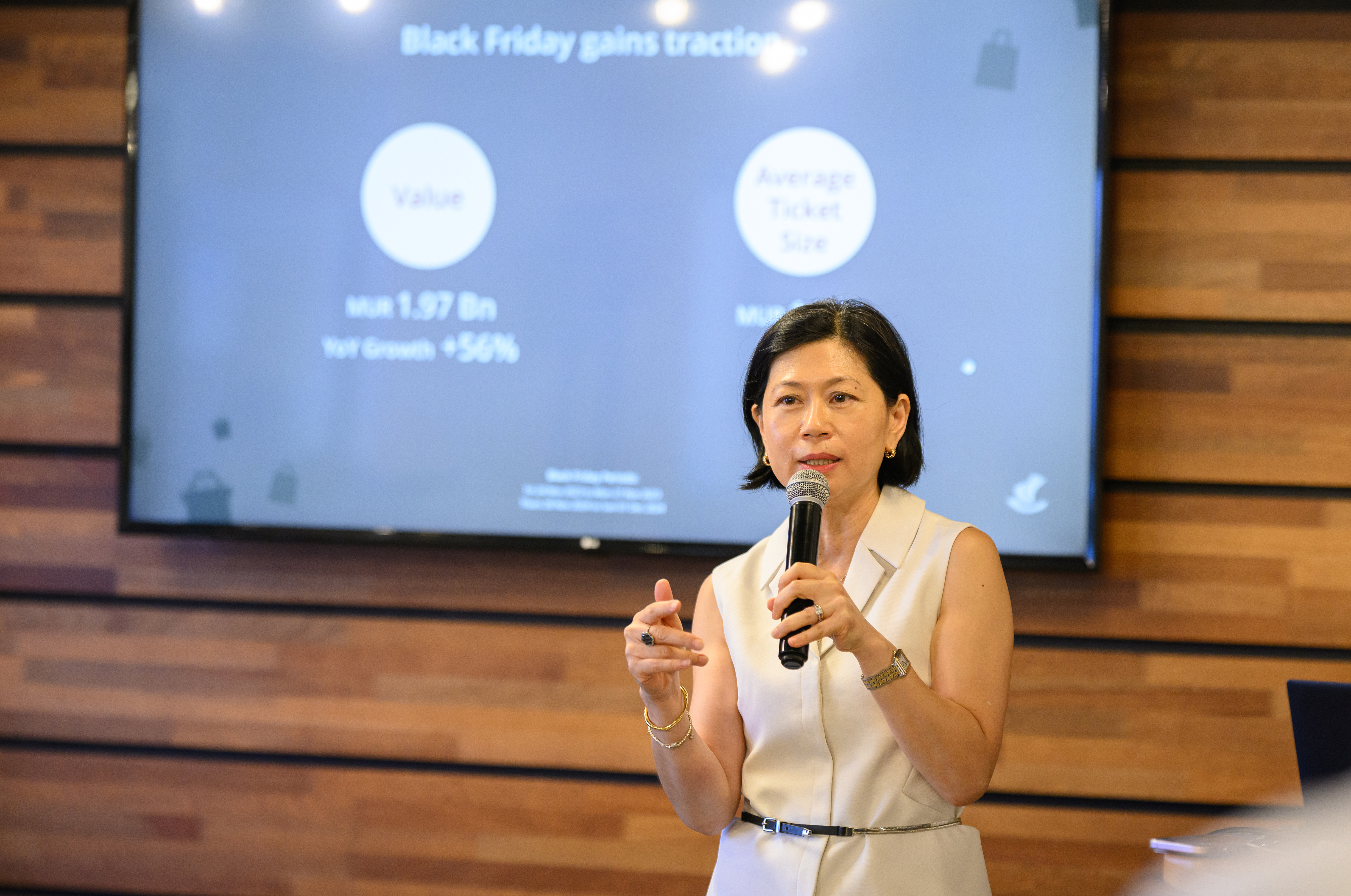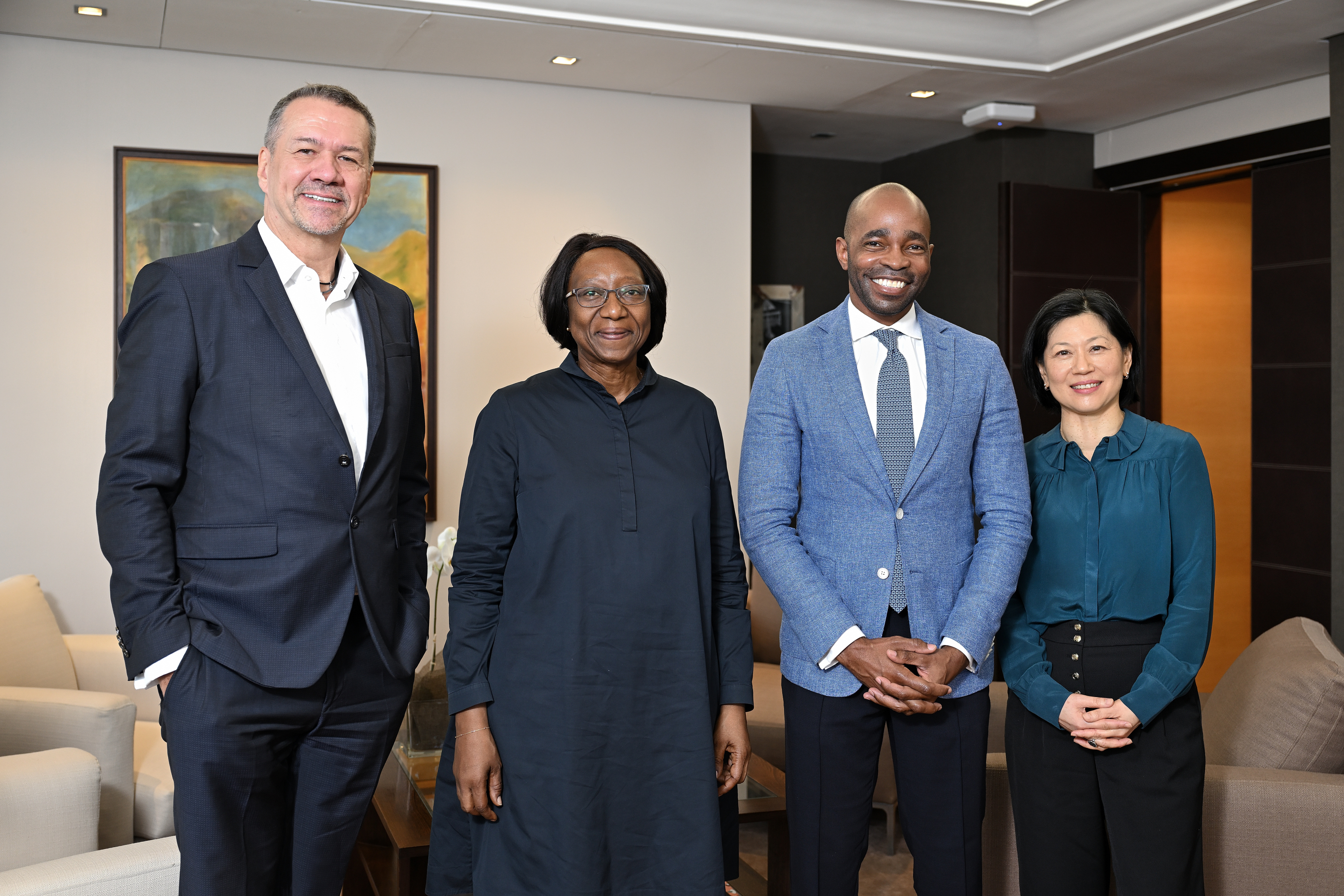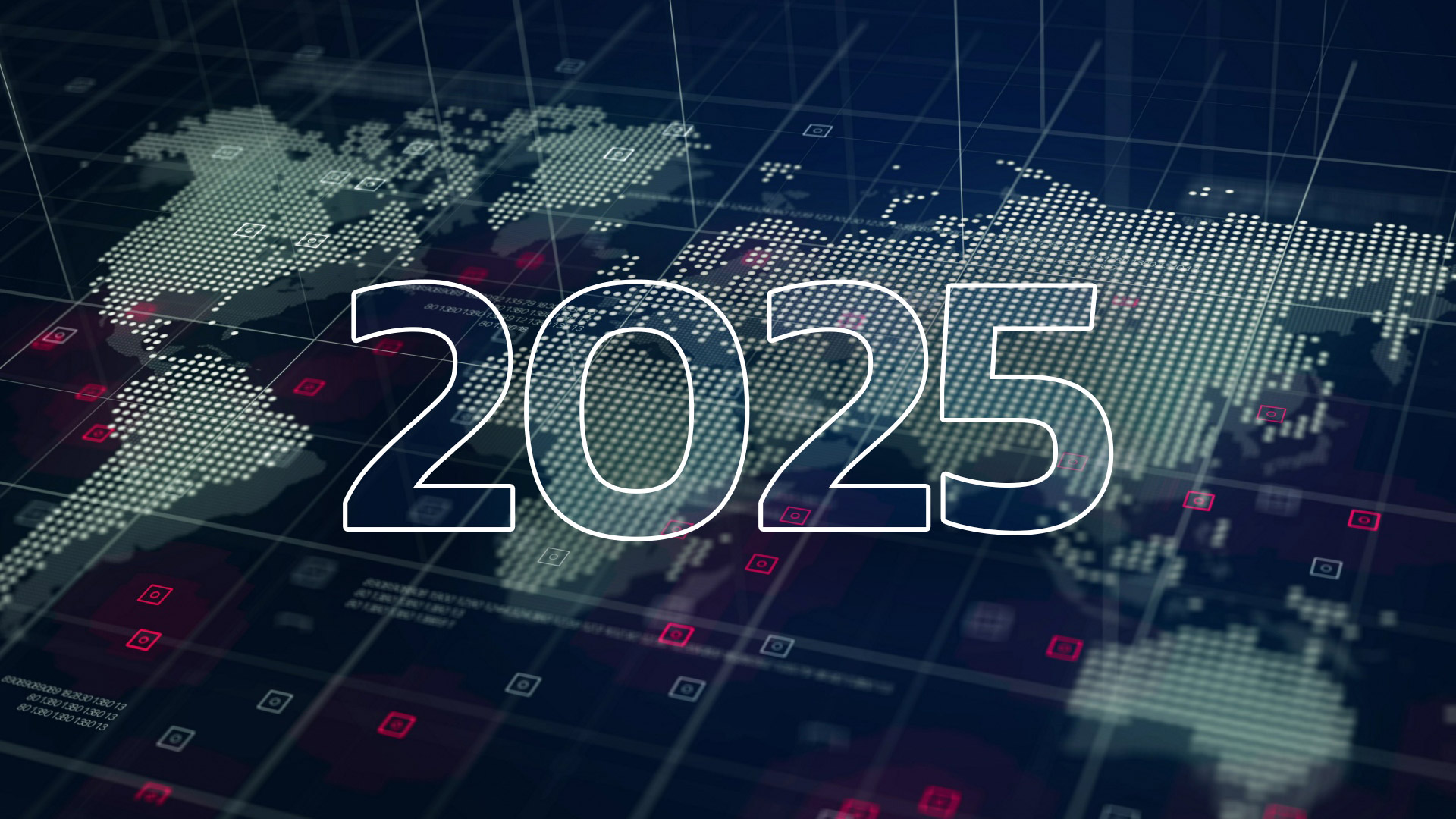- Home
- Investor Centre
- Sustainability
- Talent
- News
- TH!NK
- Corporate Governance
- Company Profile
- Board of Directors
- MCB Offices
Contact Info
Employment: MCB gears up to win ‘the war for talent’

MCB announced earlier this year that it was amending its recruitment process to include the terms “or equivalent experience” in all job advertisements that require educational certifications. This is a first step towards preparing for the medium-term future with new jobs and no corresponding qualifications.
As the rate of new job creation accelerates, employers will have to hire for attitude and train for skills, MCB Group Head of HR Allan Freed said in a recent episode of the podcast MCB Talk.
The UK-born Human Resource expert, who has been leading MCB Group’s HR strategy since March 2024, discussed the trends of the Human Resource movement worldwide as technology's disruptions transform the world of work, forcing employers and academic institutions to reassess their processes and programmes.
Commenting on a report by Dell Technologies that suggested that 85% of the jobs in 2030 have not yet been invented, Allan said, “there’s been an evolution in the HR perspective that generally says to hire people who demonstrate the attitude of being able to evolve, adapt, be flexible, and be able to adjust. And when you can find those traits, you can then train for the technical skills that you need”.

Krystel Bernard Knappova, People Partner at MCB, Deepa Bhookhun Rainer, Editorial Content Creator and Allan Freed, MCB Group Head of HR during the recording of MCB Talk's podcast.
This, in turn, he says, is impacting the weight afforded to education. “The subject on your degree certificate or the certificates you got from high school, et cetera, is becoming less important than it historically was.”
Allan goes on to say that schools that are exam-focused must expand into character-building so that adaptability and resilience become as important, if not more, than academic teaching so that candidates “have the mental capacity to do a technical job, but has also got that character to be able to evolve, change and adapt”.
Earlier in July, MCB announced that it was amending its recruitment process to allow for the addition of the terms “or equivalent experience” in all job advertisements that require educational certifications.
Krystel Bernard Knappova, People Partner at MCB, who also participated in the podcast, said the bank had already implemented this idea of recruiting for attitude, especially for newly created jobs for which there is no corresponding qualification. “It’s already a reality”, she said.
While MCB has historically been rather conservative in its recruitment process, Krystel says the “shifting landscape of this new and highly dynamic environment” is forcing the bank to adapt quickly to the situation. Experience, she adds, means that the candidate has learnt to behave in the workplace in a way that’s allowed him or her to be successful, “and that’s definitely something an employer wants”.
The shifting trends in the world of work have also brought about the notion that people are now more central to the organisations they work for than ever before. “Put in the MCB context, many people would say that MCB’s job is to manage money. I think what’s becoming clear to me is that MCB’s job is to manage people who help their clients manage their money”.
In redirecting its focus on its employees, MCB now has to ensure that it can keep up with the shifting behaviours and expectations of its customers as new jobs and functions are created. To do this, Allan and Krystel explained, MCB needs to transform itself into an employer of choice if it wants to attract and retain talent.
But as the workforce changes, with Millennials and Gen Z now making up its majority and Baby Boomers almost completely retired, policies also have to shift to reflect the younger generations’ priorities, in particular around flexibility at work, effective remuneration and anti-discrimination.
MCB’s Equal Pay certification is a case in point: Allan explained that MCB applied for the certification because “we believe in fairness, and it was the right thing to do” and that while “this is critically important to Gen Z, that’s not the reason why we did it. We did it because it’s simply the right thing to do”.
Going forward, Allan believes that this notion of an evolving workplace that takes into account the aspirations of all the different workers and affords them the necessary flexibility is what will enable an organisation to attract and keep its talent. Krystel backed this, saying that while the younger generation “seems to be less attached to the organisation,” they would tend to stick around if they felt their expectations were being met.
Quoting a McKinsey article published some years ago, called ‘The war for talent’ that posits that the skills required to continually transform businesses are becoming shorter and shorter in supply, Allan says that if this is true, “then as an organisation, we need to make sure that we are well positioned to attract the type of talent that’s capable of meeting and exceeding the demands of our customers”.
Subscribe to our Email Alerts
Stay up-to-date with our latest releases delivered straight to your inbox.
Contact
Don't hesitate to contact us for additional info
Email alerts
Keep abreast of our financial updates.







.jpg?sfvrsn=467195a0_1)






